Contents
Books by New Scientist include
Does Anything Eat Wasps?
Why Dont Penguins Feet Freeze?
How to Fossilise Your Hamster
Do Polar Bears Get Lonely?
How to Make a Tornado
Why Cant Elephants Jump?
Farmer Buckleys Exploding Trousers
Why Are Orangutans Orange?
Will We Ever Speak Dolphin?
Nothing
Question Everything
Chance
How Long is Now?

www.nicholasbrealey.com
First published in the United States in 2017 by Nicholas Brealey Publishing
An Hachette UK company
Copyright New Scientist 2017
The right of New Scientist to be identified as the Author of the Work has been asserted by them in accordance with the Copyright, Designs and Patents Act 1988.
All rights reserved.
No part of this publication may be reproduced, stored in a retrieval system, or transmitted, in any form or by any means without the prior written permission of the publisher, nor be otherwise circulated in any form of binding or cover other than that in which it is published and without a similar condition being imposed on the subsequent purchaser.
A CIP catalogue record for this title is available from the British Library
ISBN 978-1-47365-868-4
Nicholas Brealey Publishing
53 State Street
Boston, MA 02109
www.nicholasbrealey.com
Welcome to
THE UNIVERSE NEXT DOOR
Imagine you could open a door and step into a different universe. It would be just like the one you live in, but with one important difference. In the first, the dinosaurs were never wiped out by a giant meteorite smashing into the Earth, and they still rule the Earth. In another, its humans who walk the Earth but theres no coal, oil or gas, so their eerily familiar society runs on wood, steam and elbow grease. And the universe over that way is the Earth of the far future, slowly unwinding under a dying sun. Does anything live there at all and if so, is it animal or machine?
These imaginary universes, separated from our own by accidents of fate, gulfs of time or chasms of quantum weirdness, may seem the stuff of daydreams. And so they are. But thinking about them can amount to much more than amusing speculation, although youll find a lot of amusement, and a fair bit of speculation, in the pages of this book.
A trip down these otherworldly rabbit holes begins with a basic proposition, then pursues all the questions that flow logically from it, no matter how ridiculous or counter-intuitive. Doing so, we arrive at startling realisations not about the universes next door, but about our own.
That shouldnt really be too surprising. After all, asking questions is always the basis of how we understand the world around us. Why? is perhaps the first question we ask, as inquisitive (and persistent) toddlers, trying to form a coherent model of the world around us. Many of us continue to ask it, for much the same reason, as we grow into adulthood. Some make a living from asking it, such as scientists and philosophers. Others are just fascinated by it, such as New Scientist readers.
How? is another excellent question. How do stars work? How does life work? And once you get a handle on the answers to those, you can start adding them together to make more complicated ones: how do stars make life work? The answers often turn out to be surprising and profound.
You can get a very long way by just asking how and why from infant to grown-up, and from the basic evidence provided by our own senses to detailed models and powerful explanations for the universe in all its grandeur, intricacy and variety. But there are still plenty of big questions left to answer.
Are we alone in the universe? Do we really have free will? Where does our sense of self come from? When it comes to answering these, reductionist approaches breaking down the problem into its elements and asking why? or how? over and over again can be a slow and laborious way of forging understanding.
Enter a third kind of question, the kind celebrated in this book: what if? We know how things turned out in the universe we observe around us. But it can be hard to tell if they had to turn out that way, or if its just chance that they did. So why not ask how things could have turned out differently?
So what if the dinosaurs hadnt died out? Would they still rule the Earth today?
How about if we all stopped eating meat? Would that really save the environment?
Or how about if you had simply decided to have something different for breakfast?
These kind of questions are valuable because they force us to abandon basic assumptions about how the universe works. That helps us to separate accidents of fate from deep truths and can lead to answers far more intriguing than our intuition would lead us to expect.
Dinosaurs might have continued to rule the Earth, but that doesnt mean theyd ever have developed intelligence like ours. Going vegetarian isnt the ecological panacea you might think. And your choice of breakfast, like every other decision youll ever make, no matter how trivial, might spawn whole new universes.
Read on to find out our answers to all these and a great many other alternative realities, parallel worlds and possible futures including some youve probably mused about, and quite a few you probably havent. Welcome to the universe next door.
Sumit Paul-Choudhury
Editor-in-Chief, New Scientist
1 Playing Dice with the Universe
There are more things in heaven and earth, Horatio,/Than are dreamt of in your philosophy. So muses young Hamlet, after a troubling encounter with the ghost of his father. Hamlets words are an apt description of the multiverse, the term physicists use to describe the infinite parallel universes that could exist alongside our own. Together, they provide more realities than we could dream of in a lifetime.
This shortfall is not for want of trying. In the four hundred years since Hamlet first took to the stage, weve continued to build imaginary universes in our heads, rearranging cogs of the great celestial clockwork just to see how it will affect the mechanism. Often, these strange and improbable worlds are created to challenge our own assumptions about how the universe works. Sometimes theyre used to tease out truths about the universe itself.
Black holes, subatomic particles, time dilation and gravitational waves were all dreamt of in the philosophies of scientists long before we discovered evidence to prove their existence. In the multiverse, all these possible universes exist at once, so no matter how weird your imaginary universe is, theres one out there like that. It just might turn out to be the one youre living in.
Can we rewrite the laws of physics without destroying the universe?
 The universe seems fine-tuned for life. Is this evidence of a celestial designer, or the ultimate tautology? Michael Brooks explores how we can change the laws of physics without rendering the cosmos unfit for habitation.
The universe seems fine-tuned for life. Is this evidence of a celestial designer, or the ultimate tautology? Michael Brooks explores how we can change the laws of physics without rendering the cosmos unfit for habitation.
Youre a tourist visiting a grand country house. Wandering around, you notice that one of the rooms contains your ideal kind of reading chair. Then you see that the bookshelf next to it contains all your most-loved books, and a bottle of your favourite whisky sits on the side table. Is it a coincidence? Or did someone know you were coming and make the room just how youd like it?

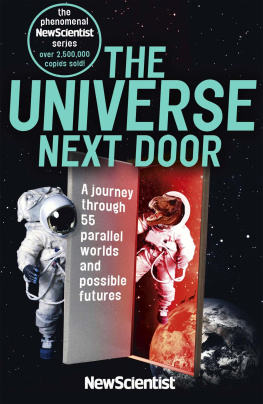
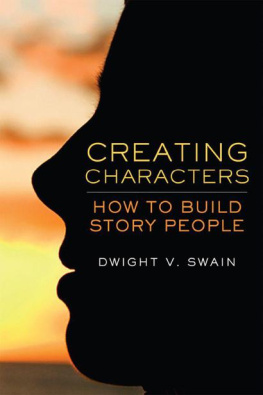

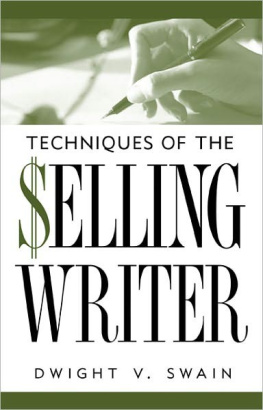
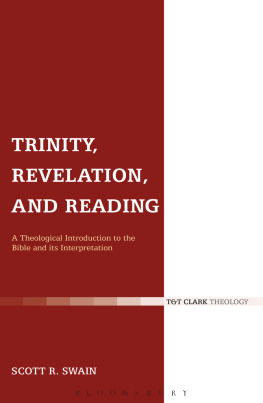
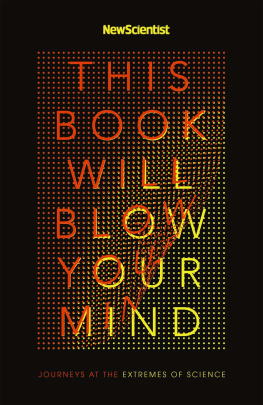
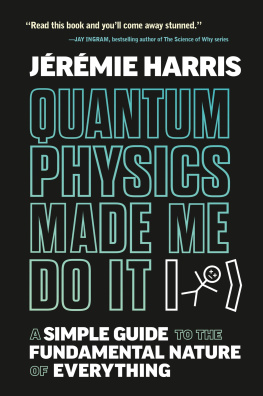
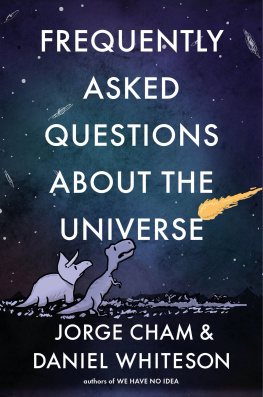
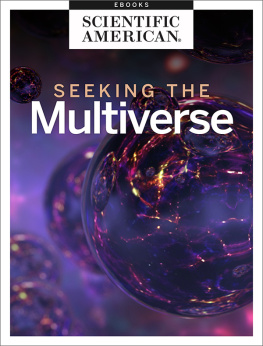

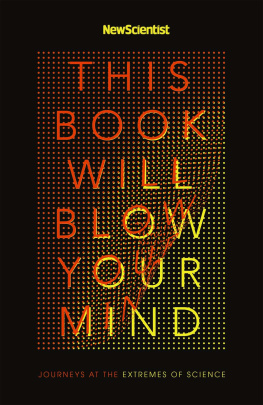
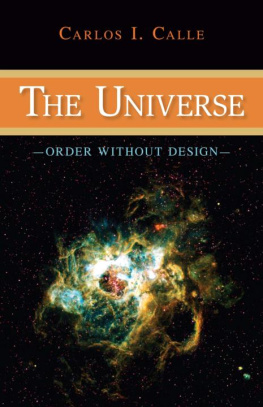
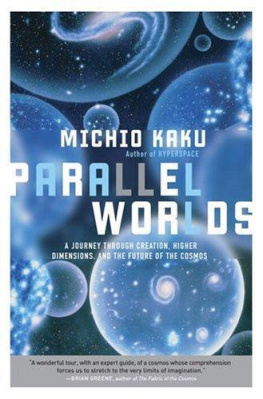



 The universe seems fine-tuned for life. Is this evidence of a celestial designer, or the ultimate tautology? Michael Brooks explores how we can change the laws of physics without rendering the cosmos unfit for habitation.
The universe seems fine-tuned for life. Is this evidence of a celestial designer, or the ultimate tautology? Michael Brooks explores how we can change the laws of physics without rendering the cosmos unfit for habitation.